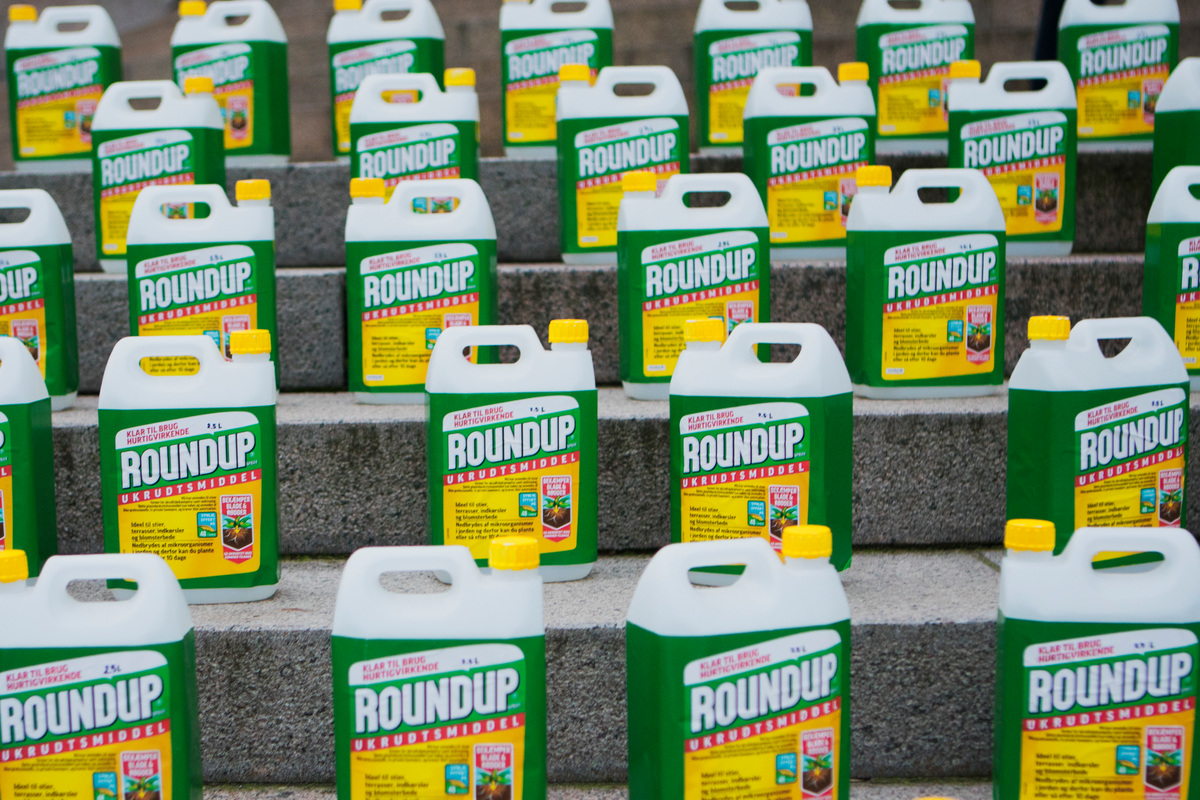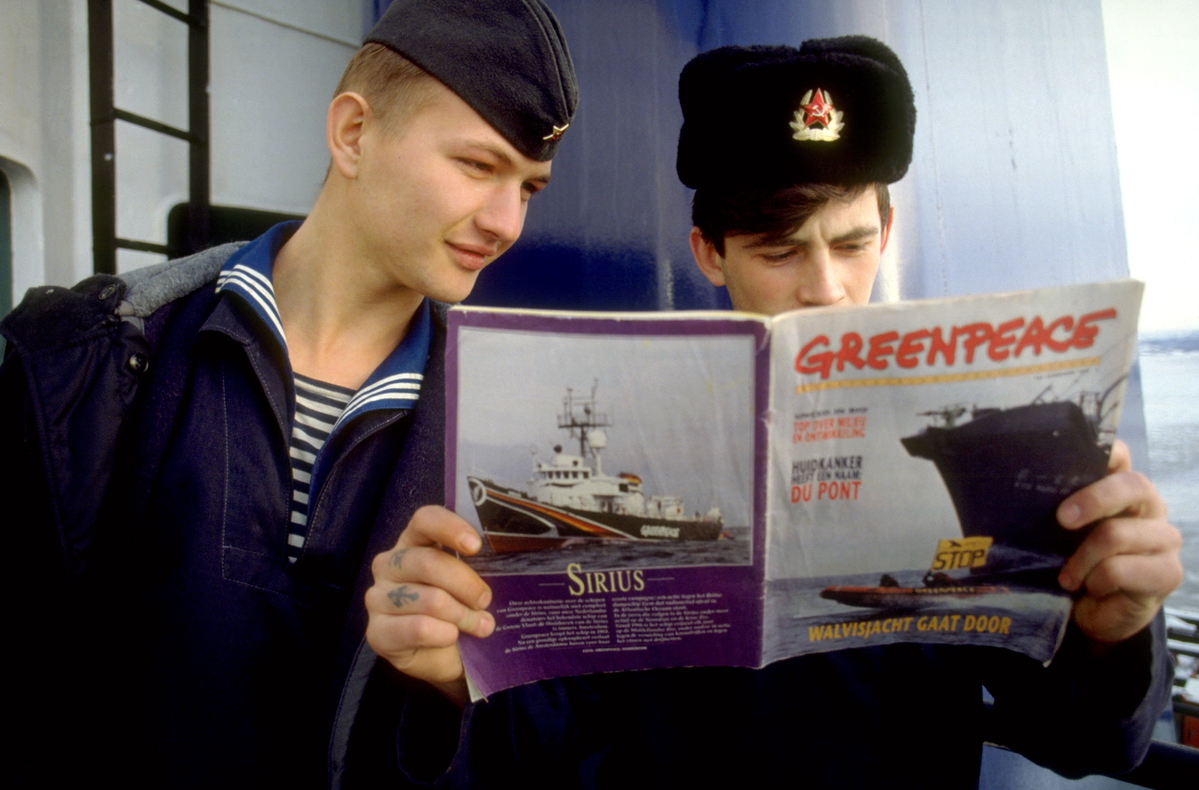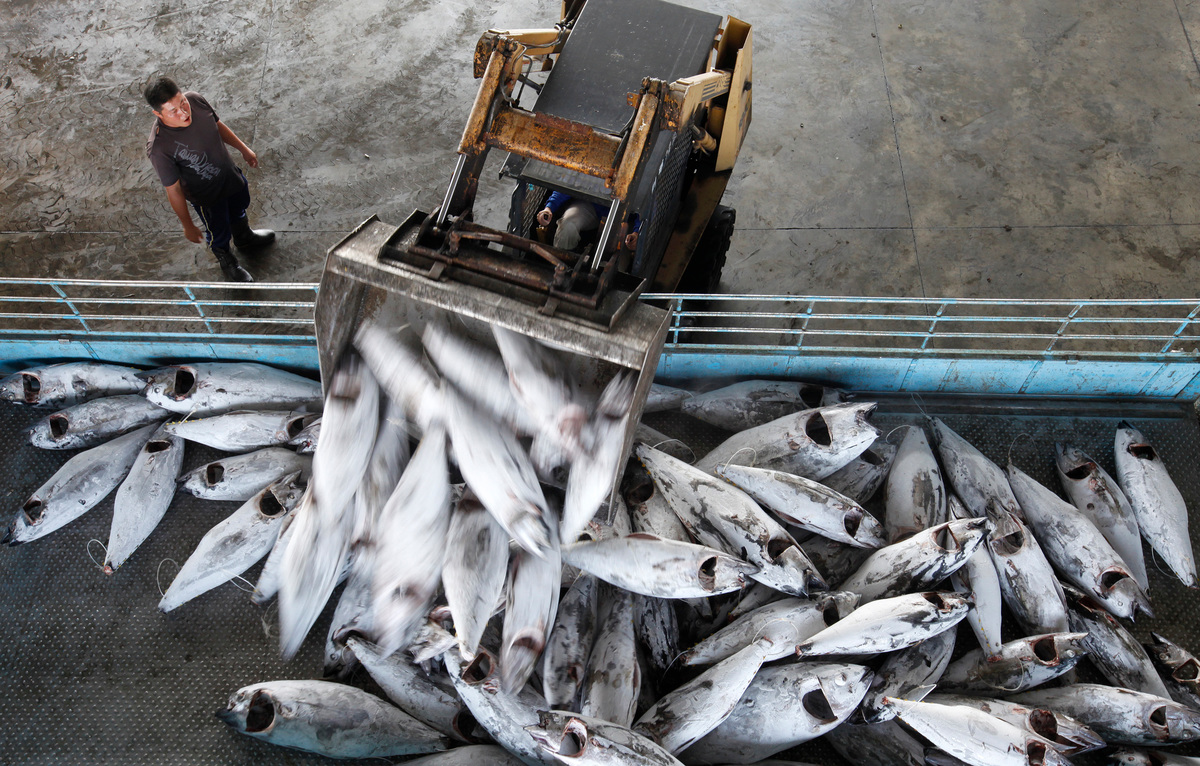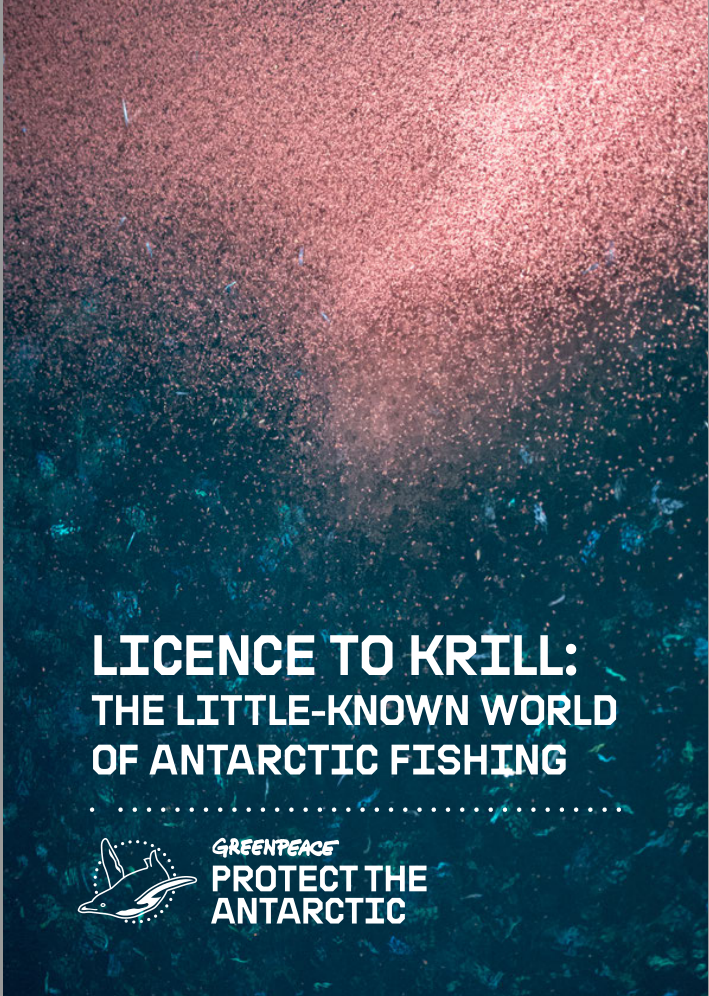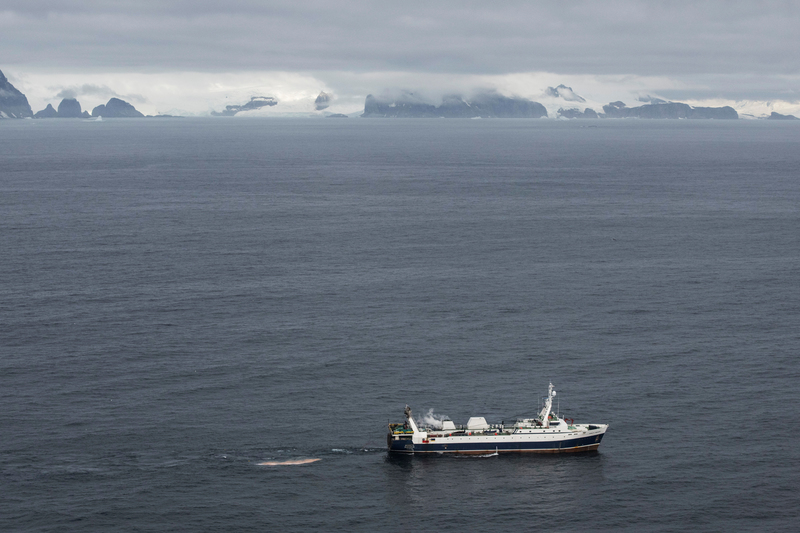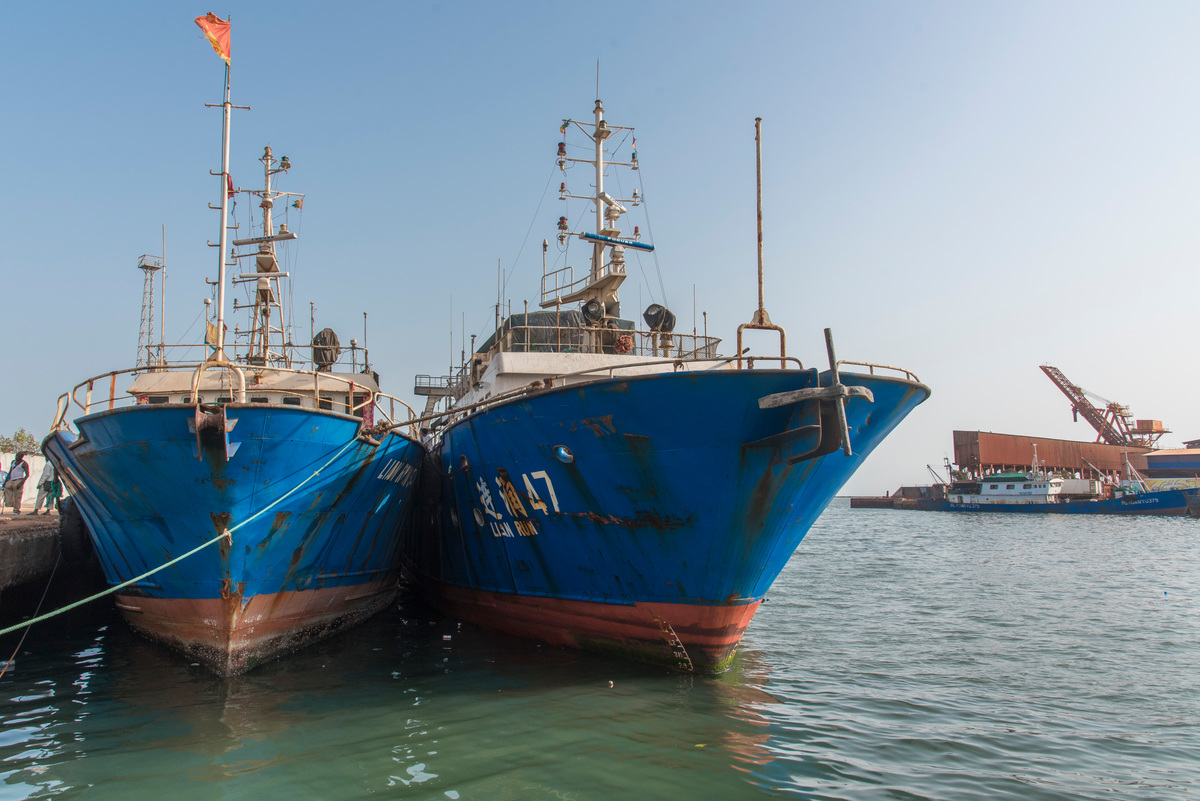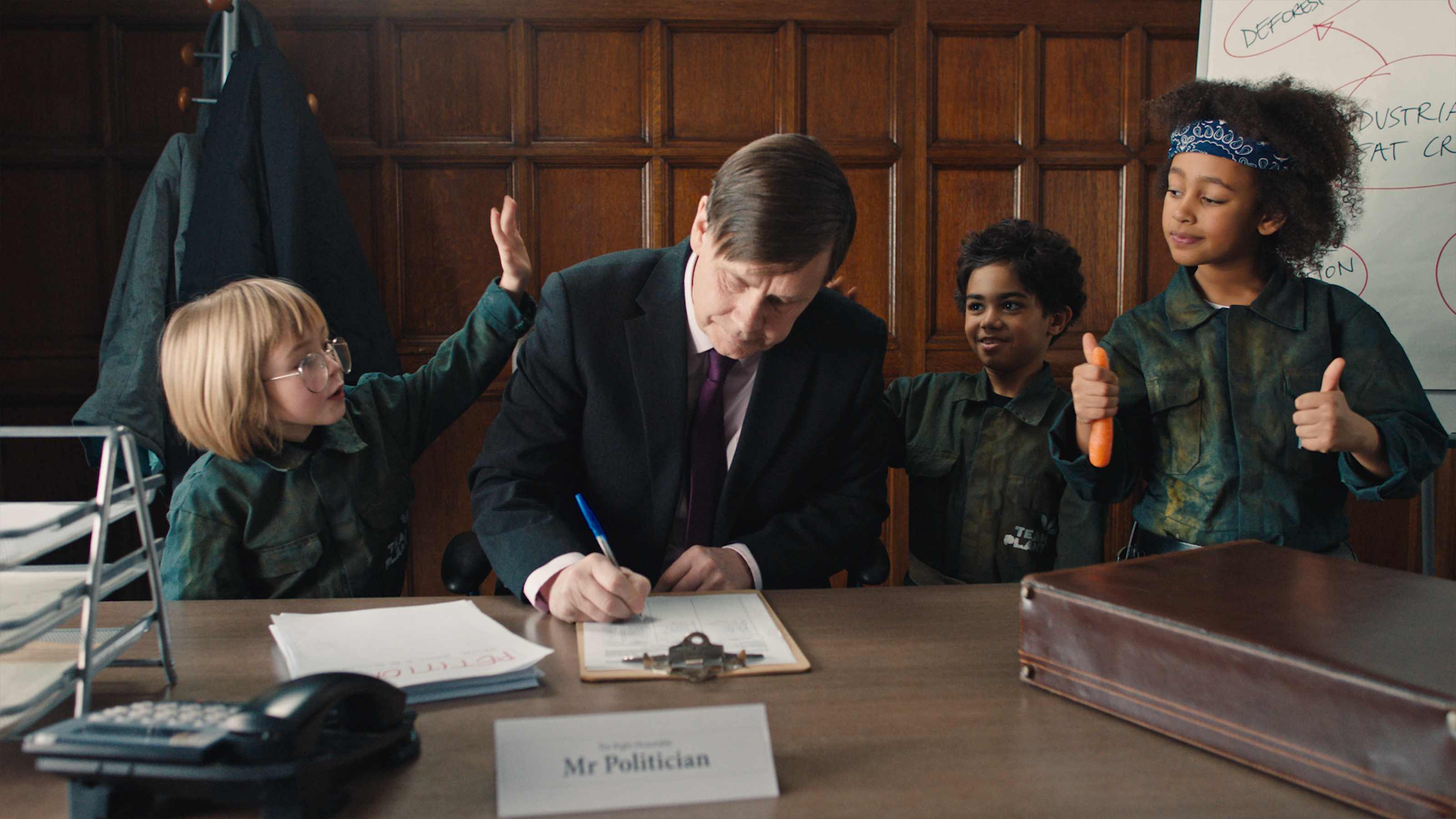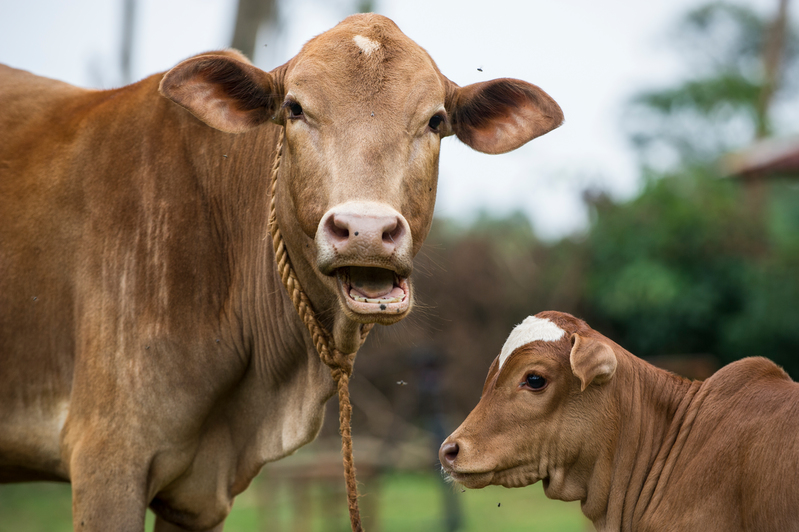All articles
-
Monsanto loses world’s first Roundup cancer trial — Greenpeace comment
“This is the latest in a long string of wake up calls. The WHO has called the main ingredient in RoundUp, glyphosate, ‘probably carcinogenic to humans’. Now the findings in this latest court case demonstrate that we need to stop the use of chemicals that can potentially harm human health and move to an ecological…
-
Cities and institutions must cut down meat consumption
"“Cities account for 70% of global greenhouse gas emissions and represent some of the biggest buyers of bulk quantities of food. Our youth is where positive change can grow, so Greenpeace recommends that schools, colleges and universities introduce at least two plant-based meals weekly by 2020."
-
Celebrate World Meat Free Week – for a healthy planet and a healthy you!
All over the world, people are taking action in their own lives and communities, by eating more veggies and less and better meat, encouraging their friends and family to do the same.
-
Taiwanese seafood giant linked to human rights violations – Greenpeace
This has serious implications for its global supply chains, and exposes the ongoing failure of the Taiwan government’s approach to address human trafficking and labor abuse.
-
Licence to Krill
Greenpeace investigations reveal how krill-fishing companies are expanding operations in the fragile Antarctic ocean, putting an entire food web at risk.
-
Greenpeace investigation exposes the krill fishing industry “waging tug-of-war for food” with Antarctic penguins and whales
London, UK - A new Greenpeace investigation has tracked the activities of the little-known krill fishing industry in the Antarctic over the last five years, to expose the environmental risks of this fast-growing industry in one of the world’s most pristine regions.
-
Chinese companies see subsidies cancelled and permits removed for illegal fishing in West Africa
Amsterdam, Netherlands - The Chinese Ministry of Agriculture (MoA) is pulling the plug on three Chinese companies conducting Illegal, Unreported and Unregulated (IUU) fishing in West Africa.

